The advent of Donald Trump’s presidency has created trade and economic ripples globally. The Japanese economy is currently experiencing significant headwinds. Trump’s decision to impose tariffs on steel and aluminium products regardless of source has led to consternation in Tokyo at a time when the yen’s fragility remains on display. The US President has also spoken of “reciprocal tariffs” on India during Prime Minister Narendra Modi’s visit to the US. It is an opportune moment to reinvigorate trade and investment ties between India and Japan, building on the Special Strategic and Global Partnership.
There exist significant complementarities between the Indian and Japanese economies that have been identified and nurtured by both sides, particularly by Prime Minister Narendra Modi and the late Shinzo Abe. Japan has long sought to balance its overweening dependence on the Chinese economy with a “China Plus One” policy by way of risk mitigation. In recent years, Japanese investments in China have been considerably impacted by a number of adverse developments.
Japanese companies are increasingly circumspect about doing business in China. They are apprehensive following the recent detention of a Japanese pharma executive on grounds of suspected espionage. As a trend, Japanese investments in China have dropped sharply in recent years to $3.2 billion in 2024, a sixty per cent decline from a decade ago. The number of Japanese companies willing to enhance their exposure in China has plummeted, according to a recent survey conducted by Keidanren.
On the other hand, the Indian economy continues to show promise with macro-level political and economic stability. The Japan Bank for International Cooperation (JBIC) cites India as the “number one” attractive destination for Japanese corporations. A full 45.8 per cent of the companies surveyed by JBIC stated that they had concrete plans to increase their footprint in India. This is the right time for the governments and other stakeholders in both India and Japan to step up their efforts to deepen bilateral economic engagement.
Quick Reads
View AllA number of concrete steps need to be taken to capitalise on the current momentum. As a start, a thorough review of all the bilateral agreements that have been concluded in the past decade is necessary in order to improve their effective implementation. It is important to consolidate the gains so far even as the two countries embark on fresh initiatives.
India and Japan should encourage their government departments, especially the Ministry of Economy, Trade and Industry (METI) of Japan and the counterpart Ministry of Commerce and Industry (MoCI) in India, as well as the principal business chambers on both sides, to create greater awareness among Japanese companies of the emerging opportunities in India.
The Japanese government, especially, should send stronger signals to its departments and private companies of the mutually beneficial and strategic nature of India-Japan ties. Japan is a nation where its conglomerates follow the lead of the government. Word-of-mouth assessments are frequently shared among leading Japanese investors and play a crucial role in decisions about entering or expanding in overseas markets. The rapid growth and profitability of companies like Daikin should attract many others to tap the emerging opportunities in the world’s fastest-growing major economy.
Japan-funded projects in India’s North-East as well as in the Andaman and Nicobar Islands (A&N) have a strategic resonance in the context of India’s Act East Policy. The Japanese side’s concerns about the regulatory framework in India are well-known. The earlier some of these issues are resolved through negotiations, the better it would be for achieving a fresh spurt in Japanese investments in India.
It should not be lost on India that it must compete with potential destinations such as Vietnam and other Southeast Asian countries. It would be worthwhile for India to study the unique policy and regulatory measures adopted by countries that have successfully attracted and retained high levels of Japanese investment, including in the wake of global “de-risking” strategies.
The roadmap for the future should include encouraging Japanese companies with cutting-edge technologies to scale up their presence in the Indian market, including through joint ventures and transfer of technology. India’s emphasis on an open and accessible global AI architecture, reflected in PM Modi’s address at the AI Action Summit in Paris, should provide fresh impetus to Japanese firms to work together with Indian entities.
Japan has about one hundred semiconductor manufacturing plants, making it one of the top five countries in the world with an advanced semiconductor ecosystem. A good beginning has been made by the Vedanta Group, which has concluded agreements with thirty Japanese partners with an eye to jointly developing India’s semiconductor supply chains. A semiconductor ATMP (assembly, testing, marking, and packaging) unit for specialised chips is also coming up in Sanand, Gujarat, with the participation of Renesas.
There is also great scope for cooperation on green technologies, medical APIs (active pharmaceutical ingredients), and quantum computing. By developing synergies between India’s huge database and Japan’s operational skills to develop open-source large language models, the two countries could collaboratively address the needs of the Global South.
Several other areas hold great promise, among them the digital partnership, batteries for electric vehicles (EVs) and grids, and food processing. India and Japan must also explore trilateral cooperation, especially in Africa. There are examples of companies like Panasonic that have chosen to make India a hub for pan-regional operations encompassing Africa and other markets. In fact, India can work with a reliable partner like Japan in seeking new avenues of cooperation throughout the Global South.
The Indian government could consider further encouraging Japanese companies to use Corporate Social Responsibility (CSR) schemes to boost vocational training and skills development programmes in India. A freer visa regime, including work permits for spouses and greater support for long-duration assignments, would encourage executives and families to wholeheartedly accept relocation both ways.
Finally, it would be useful to draw up an organisational matrix of the existing channels of communication between the two countries on key economic aspects and provide recommendations for improvement, backed by an interactive online portal accessible to all stakeholders. More avenues should be created for candid dialogue and feedback for the benefit of policymakers on both sides.
The author, a former Ambassador of India to Japan, is currently the Director General of the Manohar Parrikar Institute for Defence Studies and Analysis. Views expressed in the above piece are personal and solely those of the author. They do not necessarily reflect Firstpost’s views.


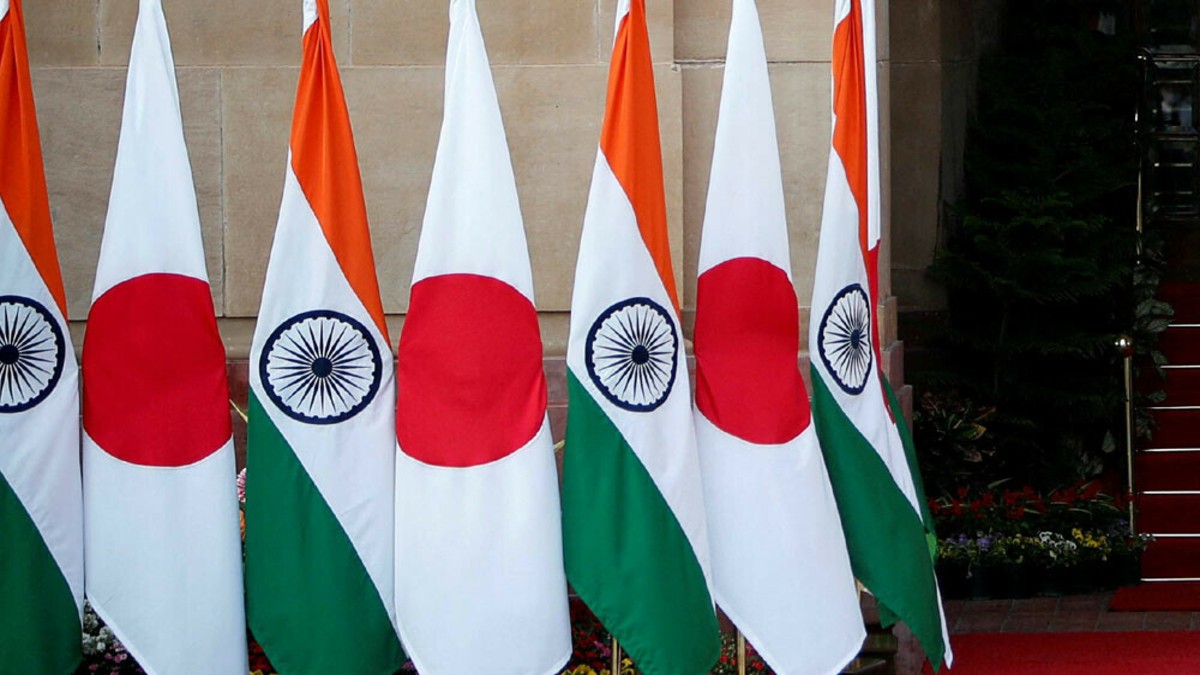)
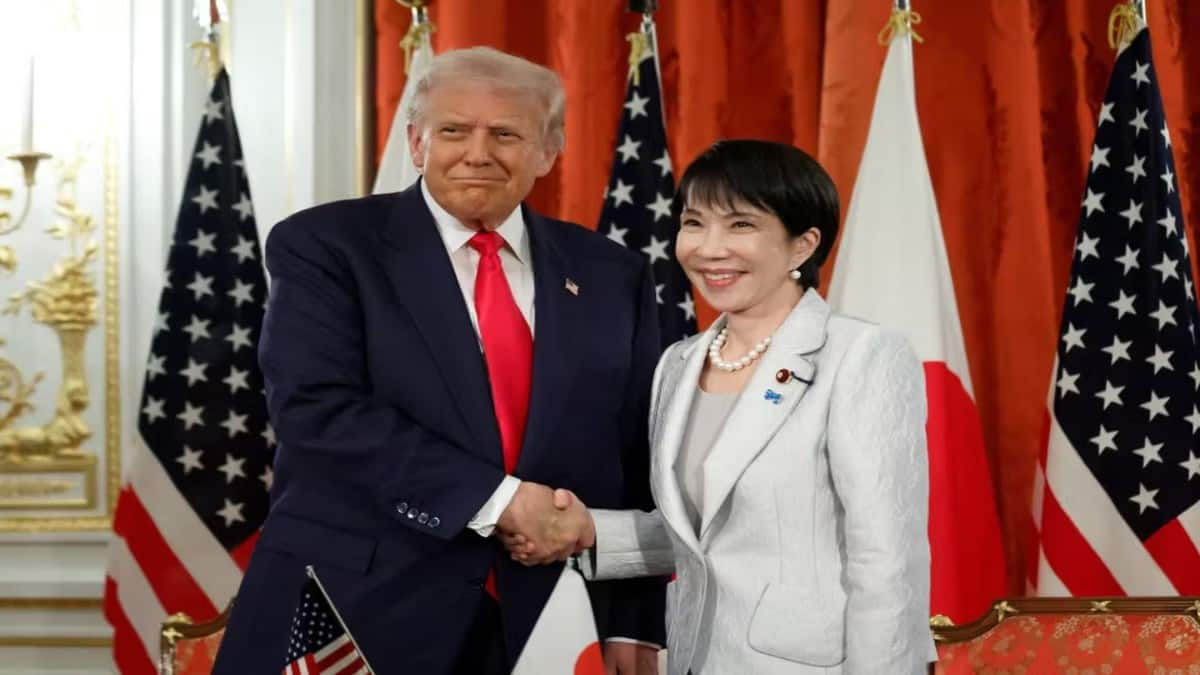
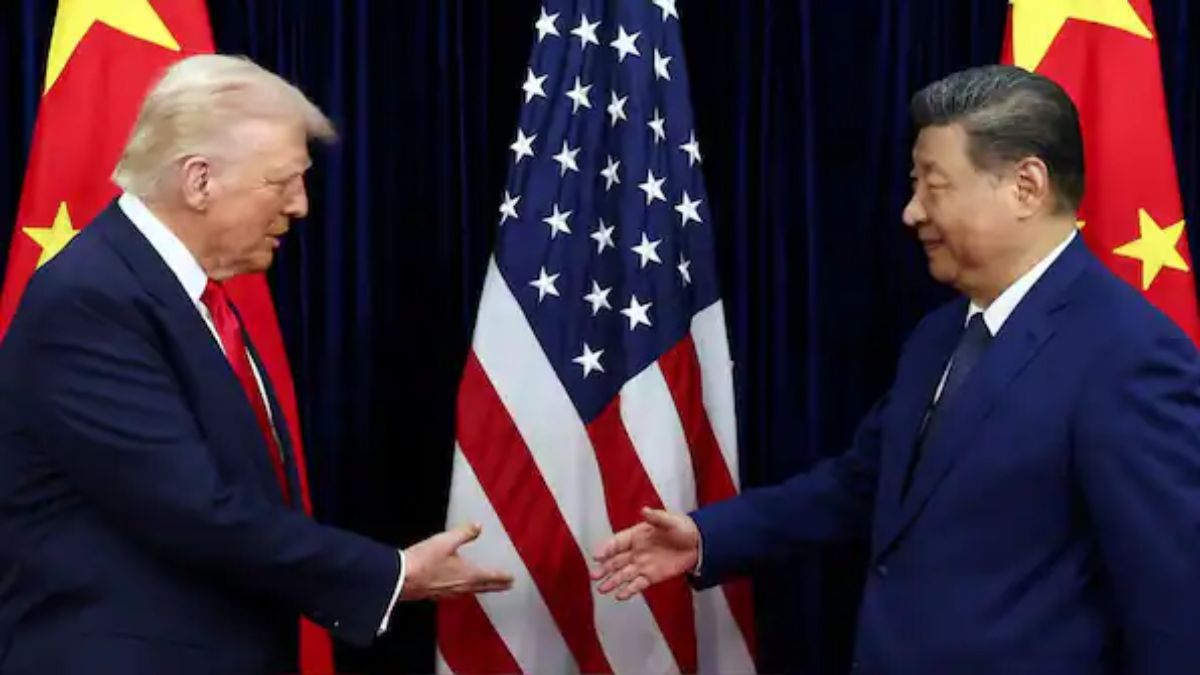)
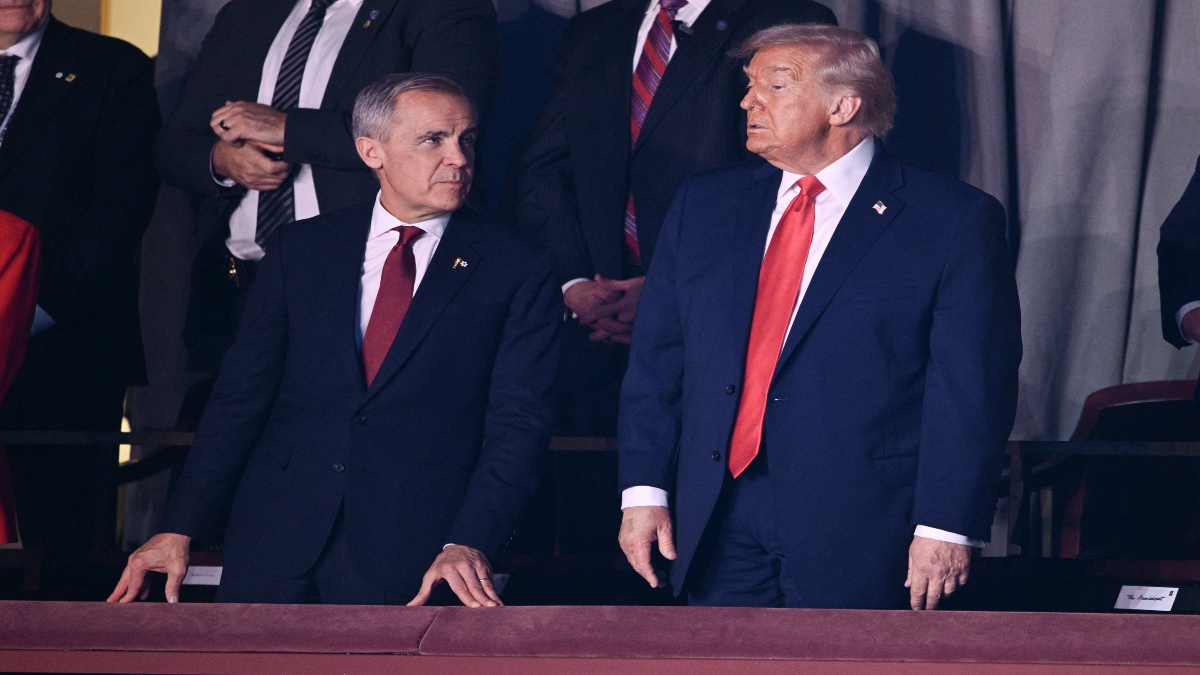)
)
)
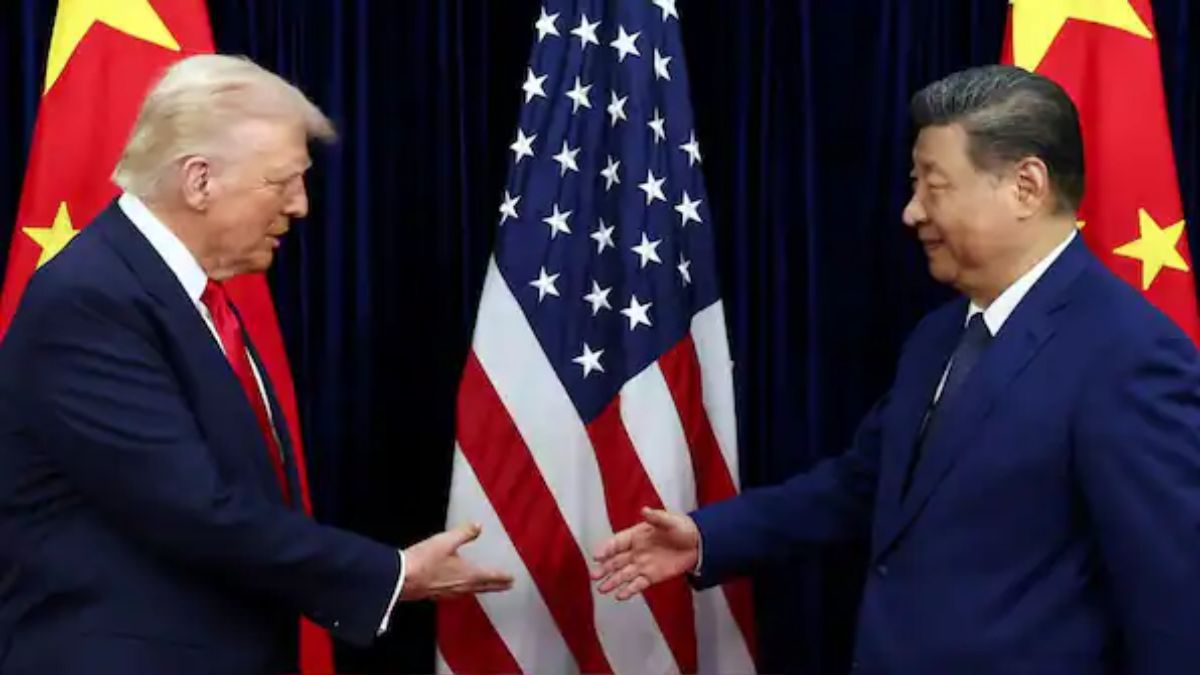)
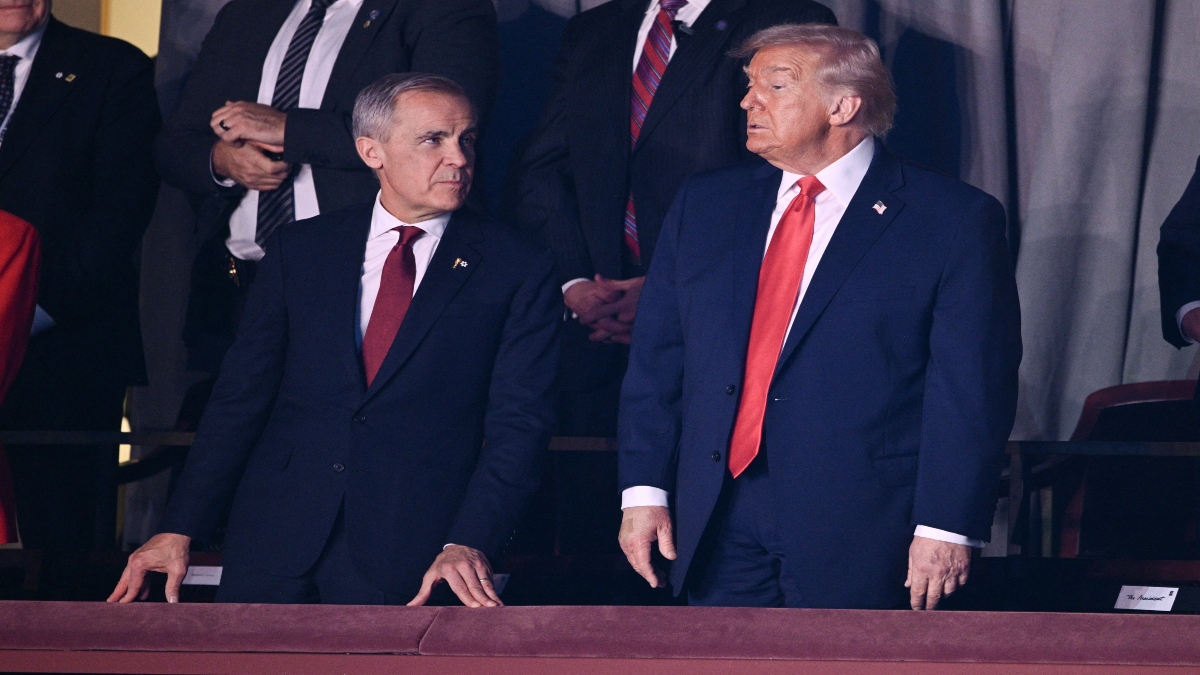)
)
)



